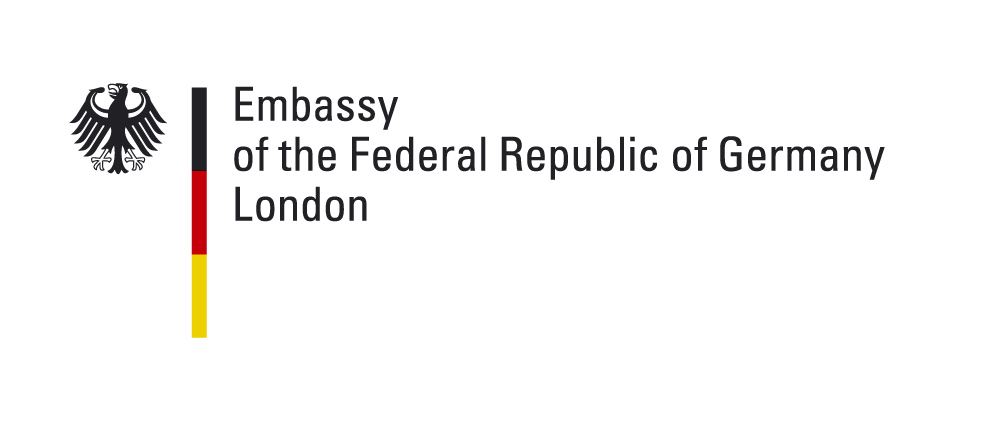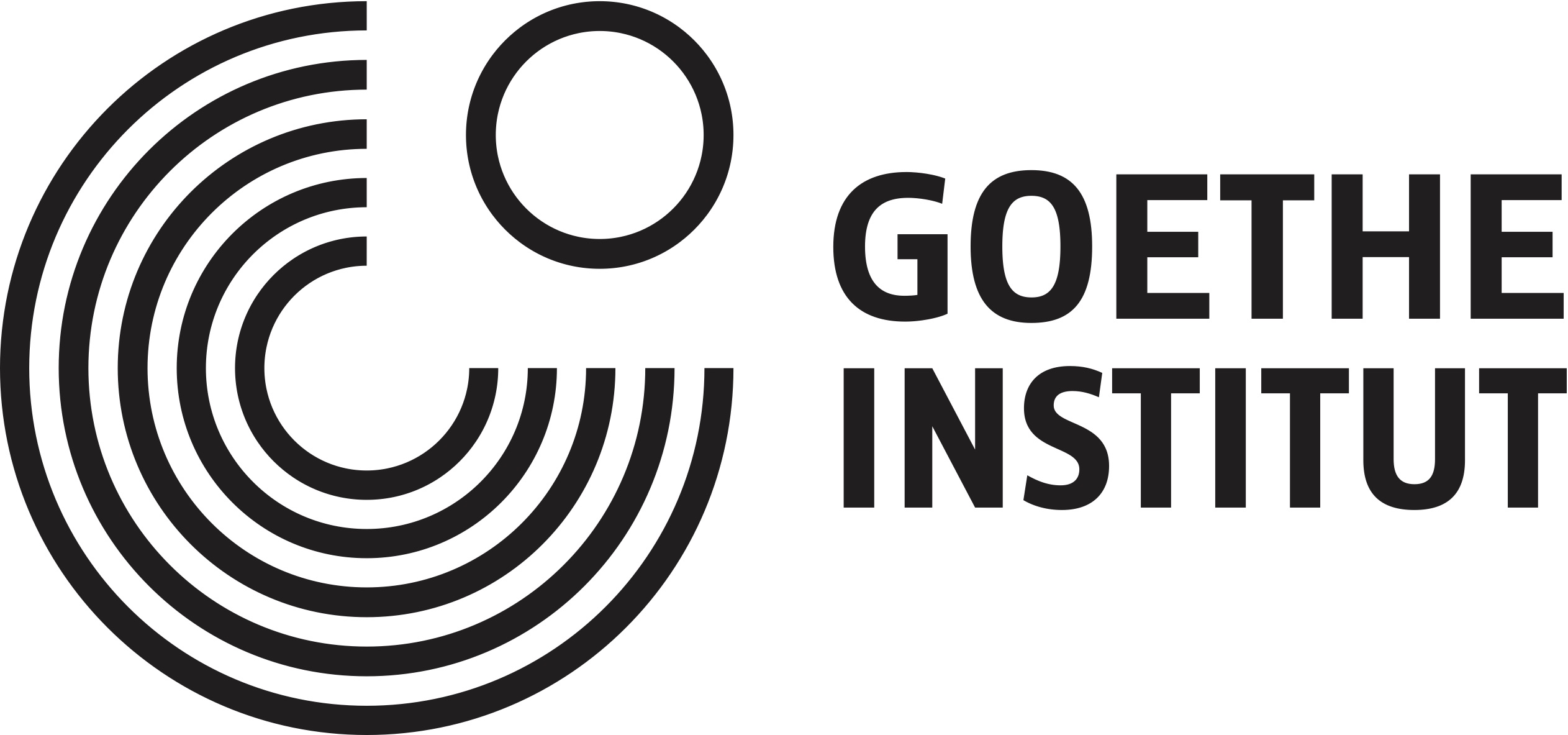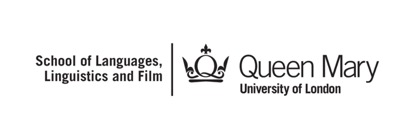
Ruth
Jewishness is at the heart of who I am, although I know almost nothing about being Jewish.
Ruth is a jeweller and continues to develop a remarkable career, taking commissions and as
a teacher in the British art school system. Ruth’s mother, father and other family members escaped Germany in the
late 1930s, her mother and maternal aunt as part of the Kindertransport. Many of her mother’s family members did not survive the war. Ruth’s history represents
the shadow cast by war, disruption and forced migration and, seen through the
prism of one life, the ambivalences and questions about belonging and identity
that these experiences offer up.
As she puts it: ‘My parents brought us up as British citizens; they didn’t want us to stand out. German was Weihnachtssprache for us: the language my parents spoke to each other to keep their preparations for Christmas secret when we were children. Ironic really, Jews celebrating Christmas and yet Jewishness is at the heart of who I am, although I know almost nothing about being Jewish. We never went to synagogue (or church for that matter).’
Ruth’s history is also testament to the influential place of socialism in Jewish history. Her mother, with a conscious desire to ‘give back’, worked for the Labour Party and trained as a nurse in the post-war era. Her aunt and uncle returned to Germany, joined the Communist Party, and became influential contributors to the process of socialist reconstruction on the ‘other side’ of the Berlin Wall in the German Democratic Republic.
As she puts it: ‘My parents brought us up as British citizens; they didn’t want us to stand out. German was Weihnachtssprache for us: the language my parents spoke to each other to keep their preparations for Christmas secret when we were children. Ironic really, Jews celebrating Christmas and yet Jewishness is at the heart of who I am, although I know almost nothing about being Jewish. We never went to synagogue (or church for that matter).’
Ruth’s history is also testament to the influential place of socialism in Jewish history. Her mother, with a conscious desire to ‘give back’, worked for the Labour Party and trained as a nurse in the post-war era. Her aunt and uncle returned to Germany, joined the Communist Party, and became influential contributors to the process of socialist reconstruction on the ‘other side’ of the Berlin Wall in the German Democratic Republic.
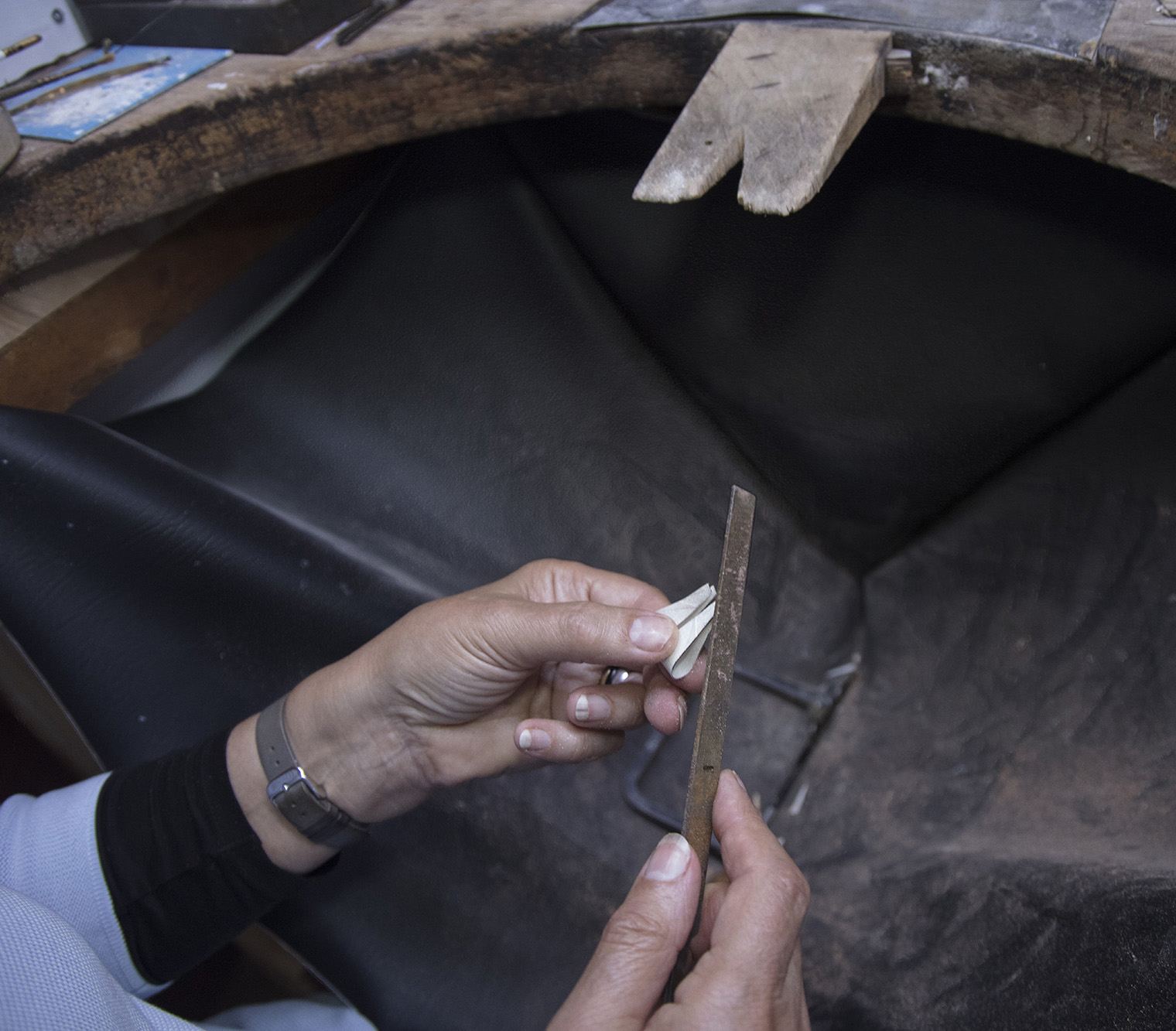


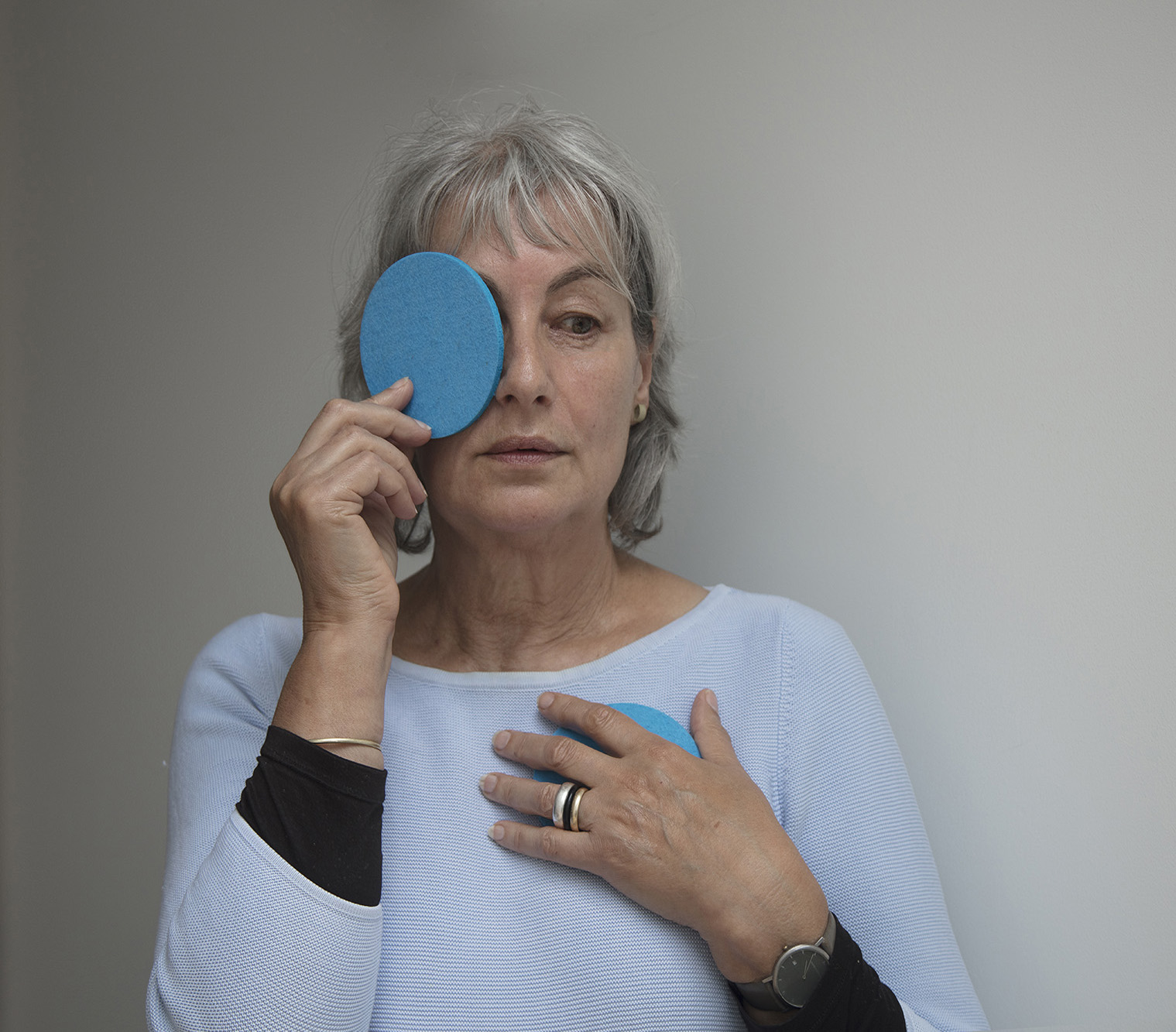






This project is part of the initiative ‘Stand Together and Go Virtual’, supported by the German Embassy London and the Goethe-Institut London.
